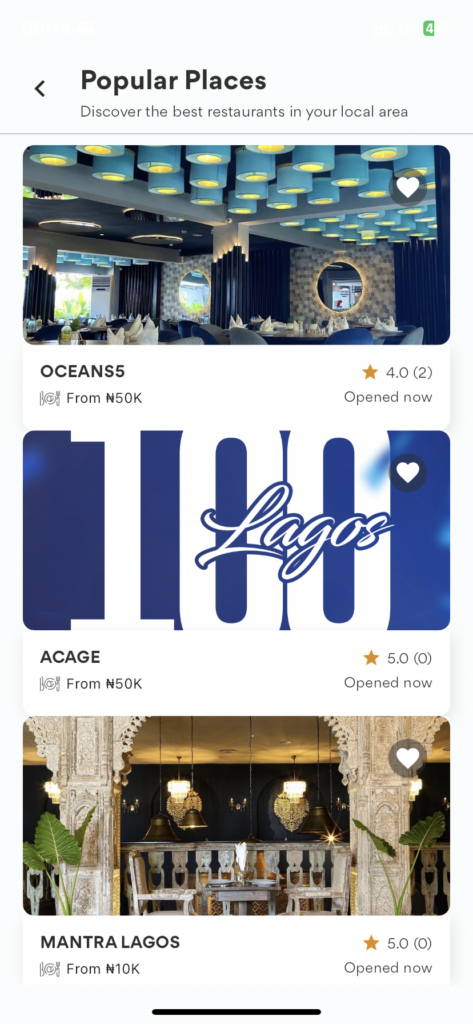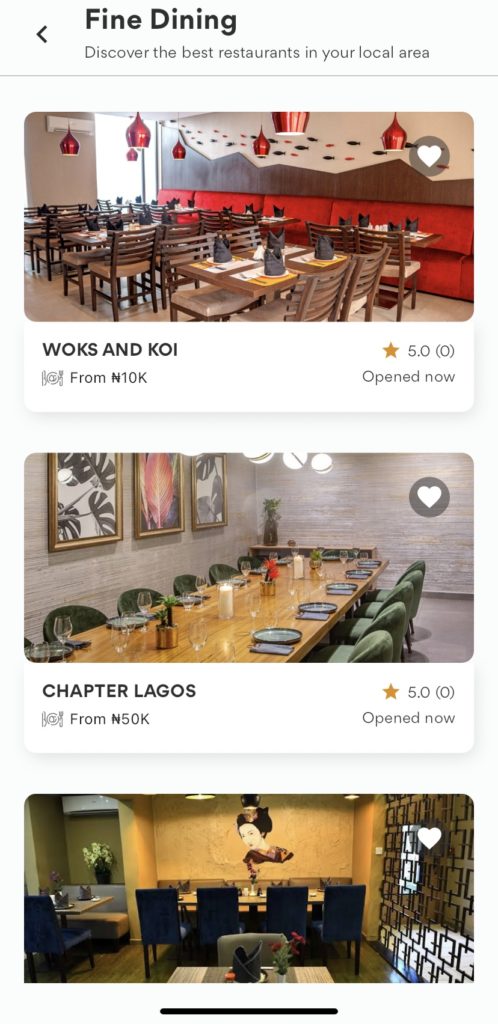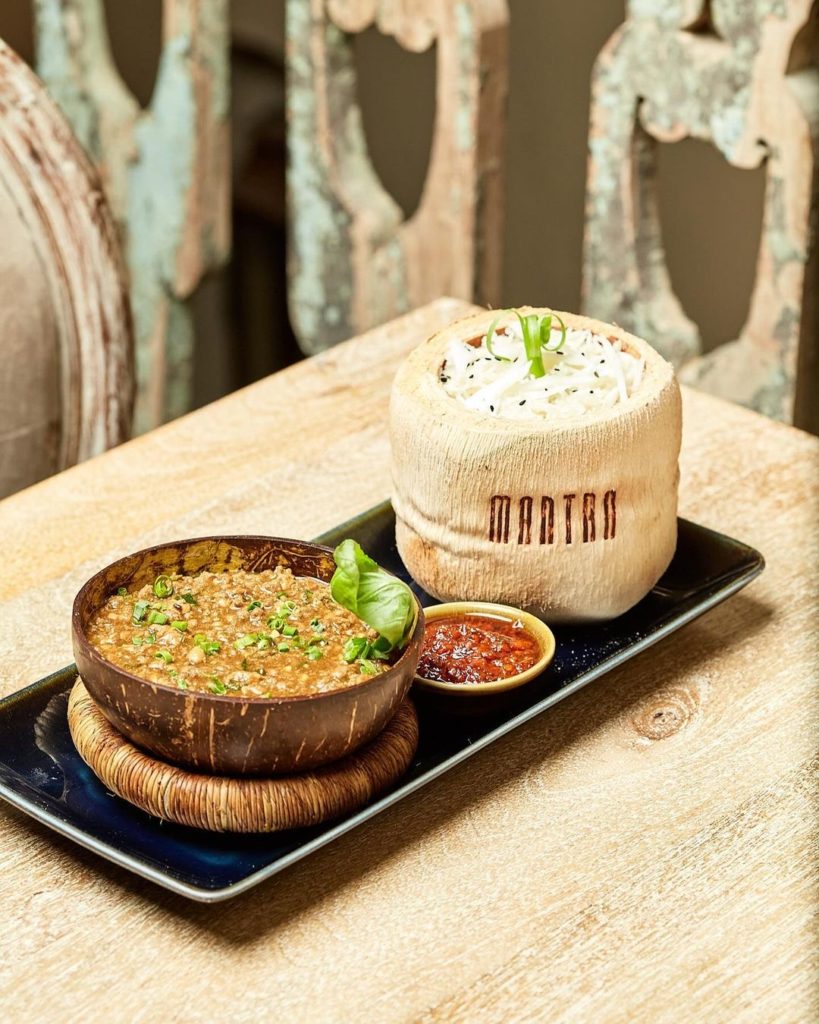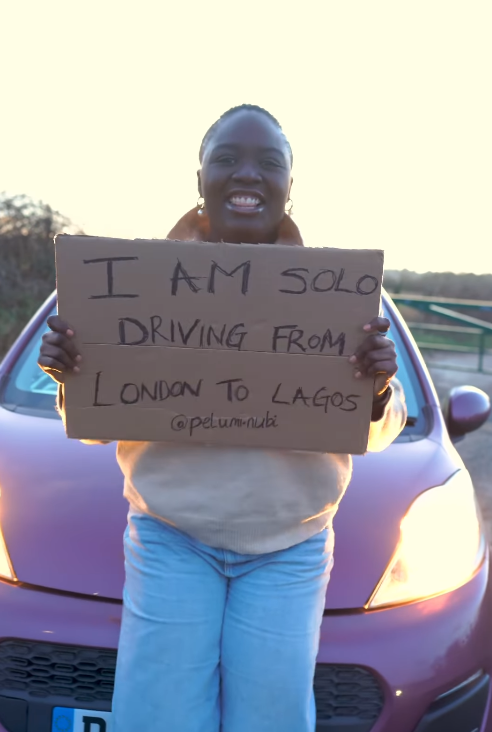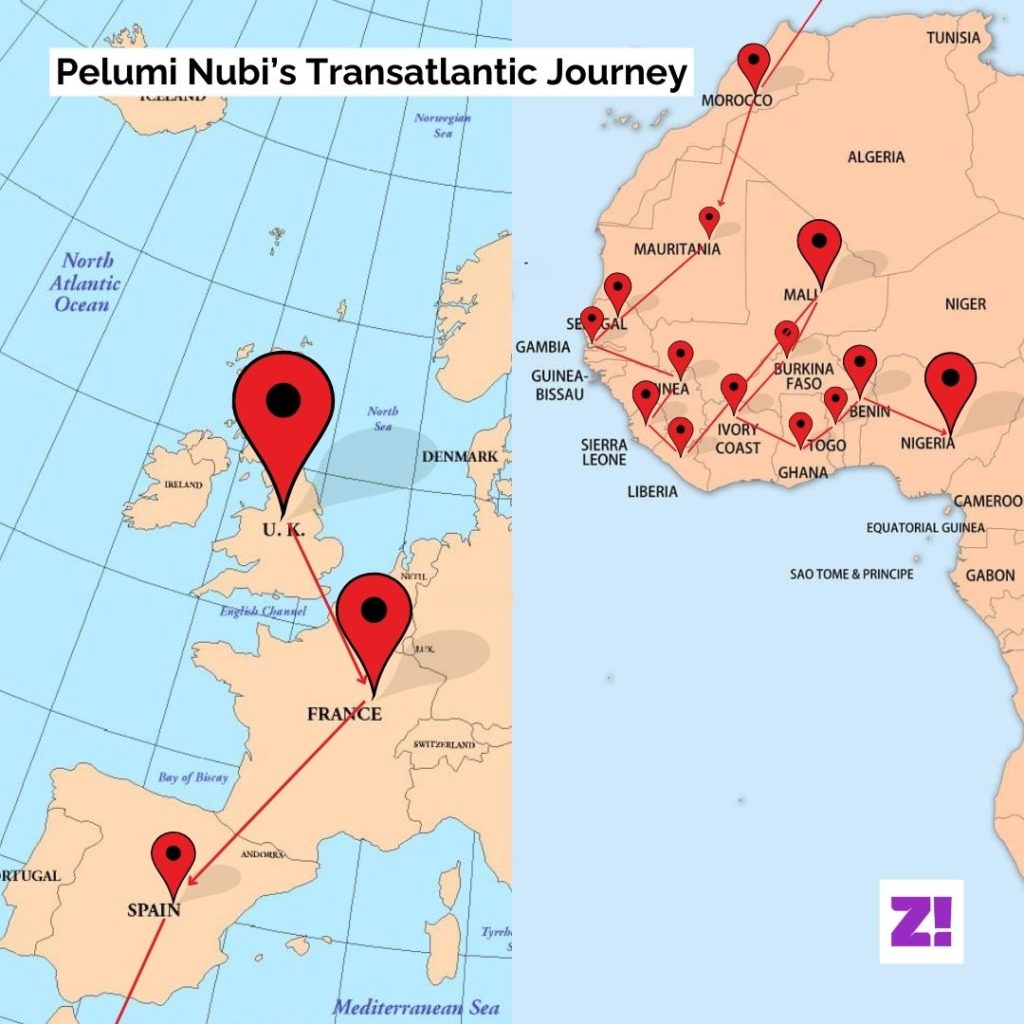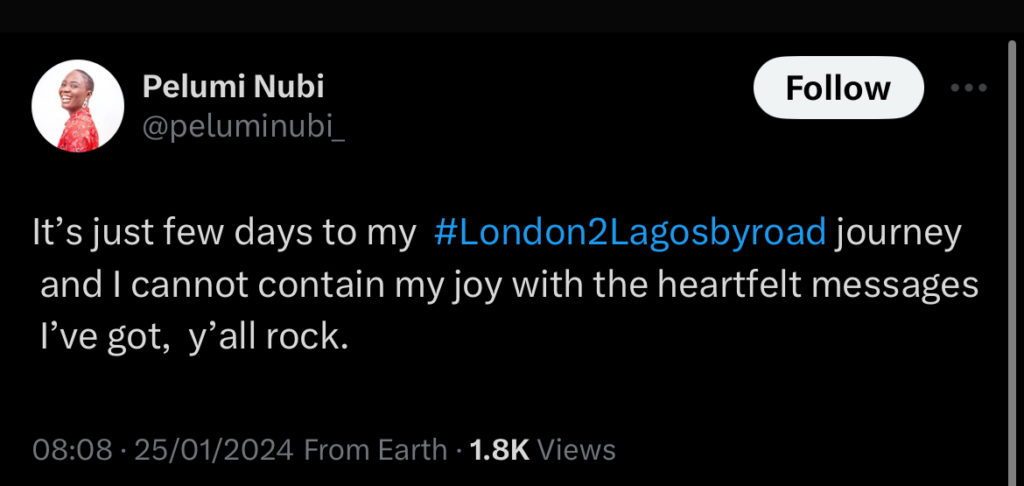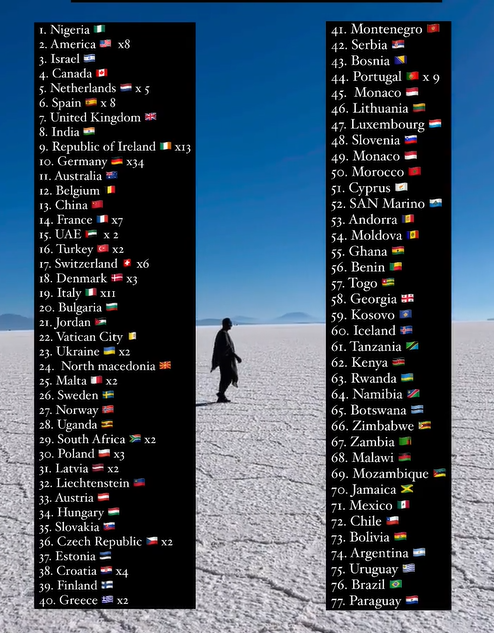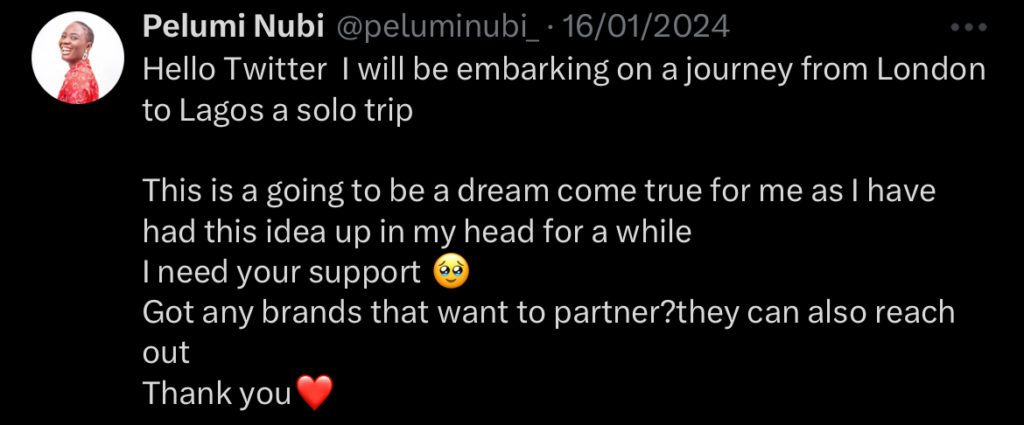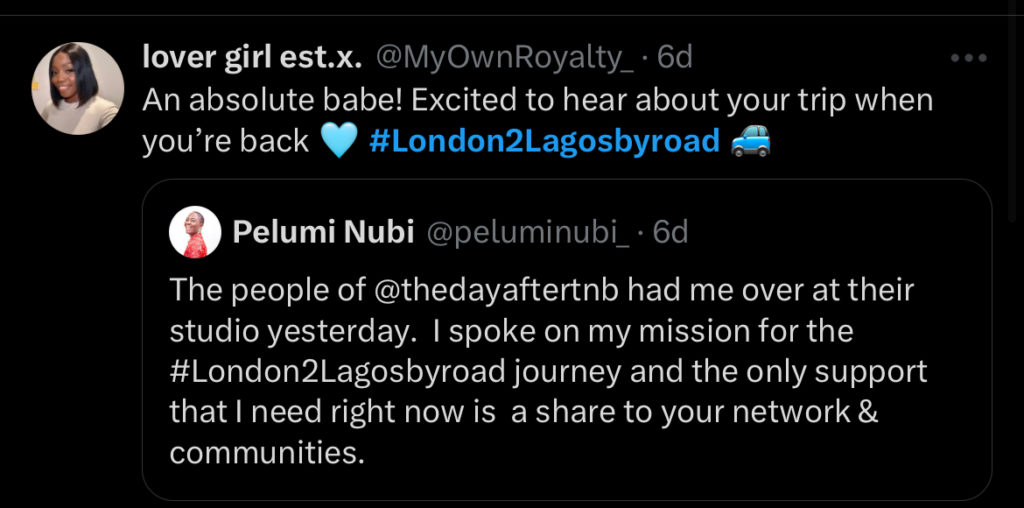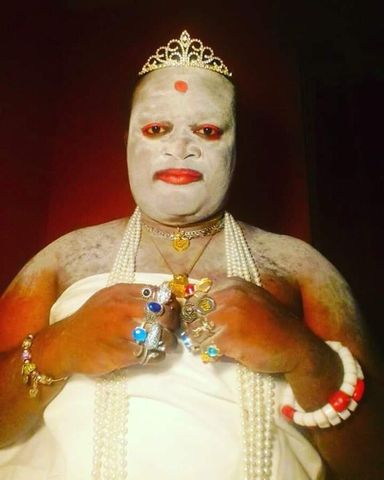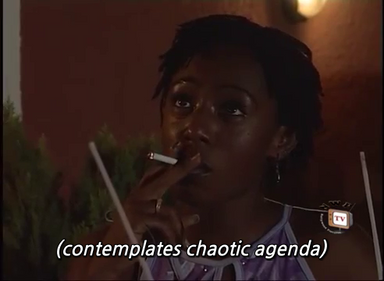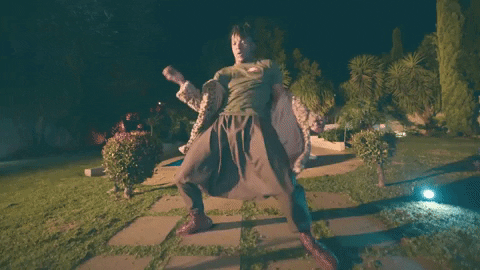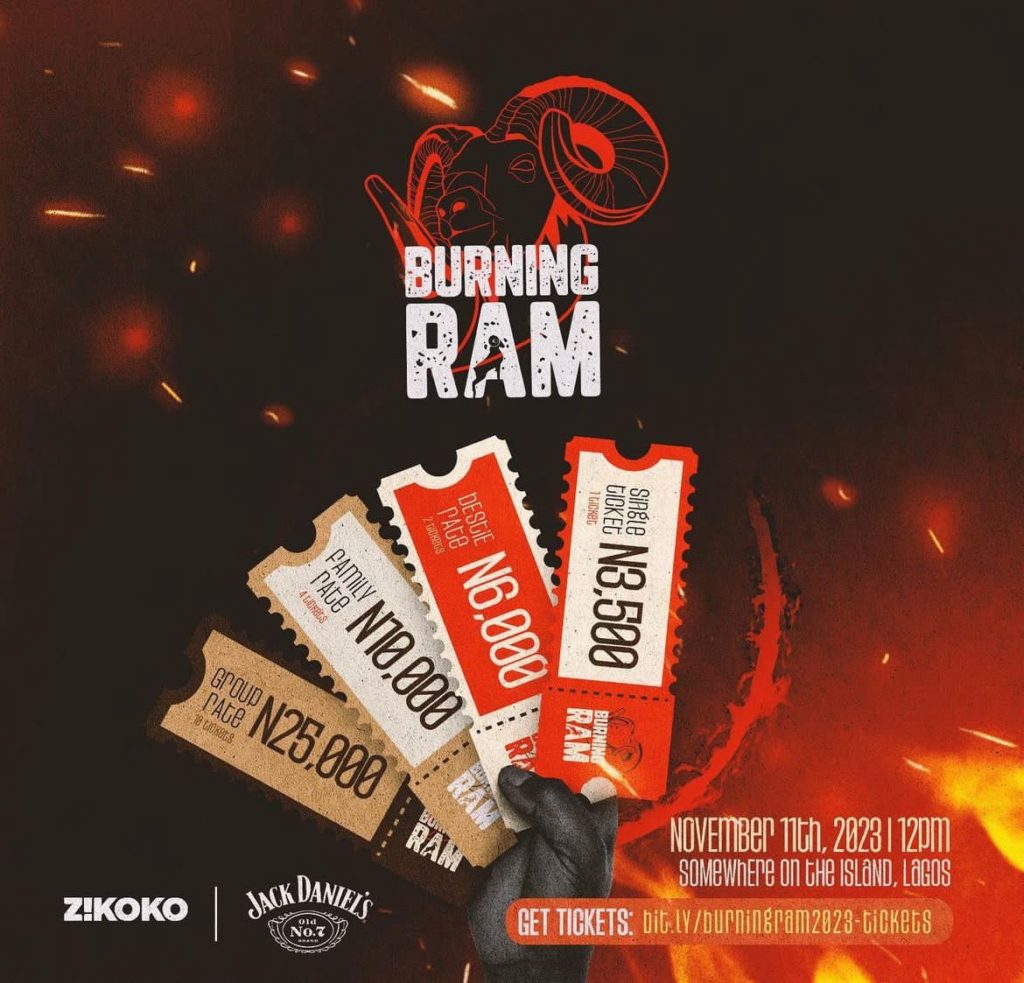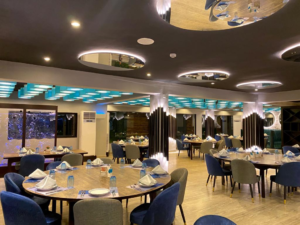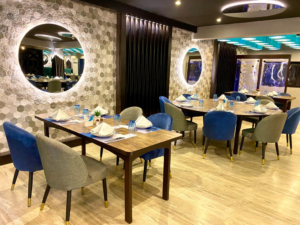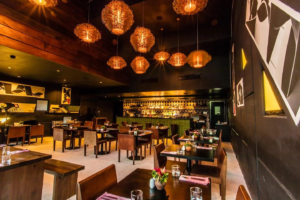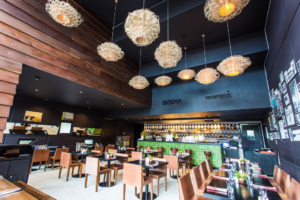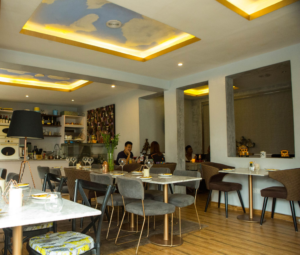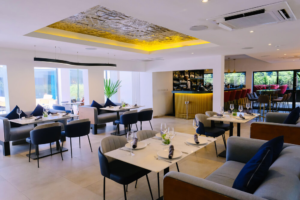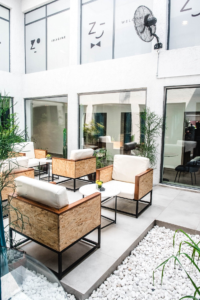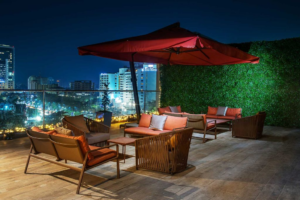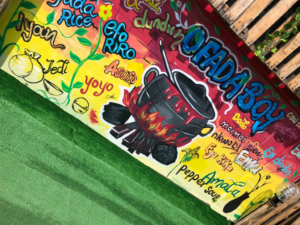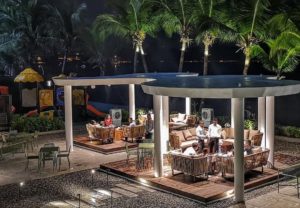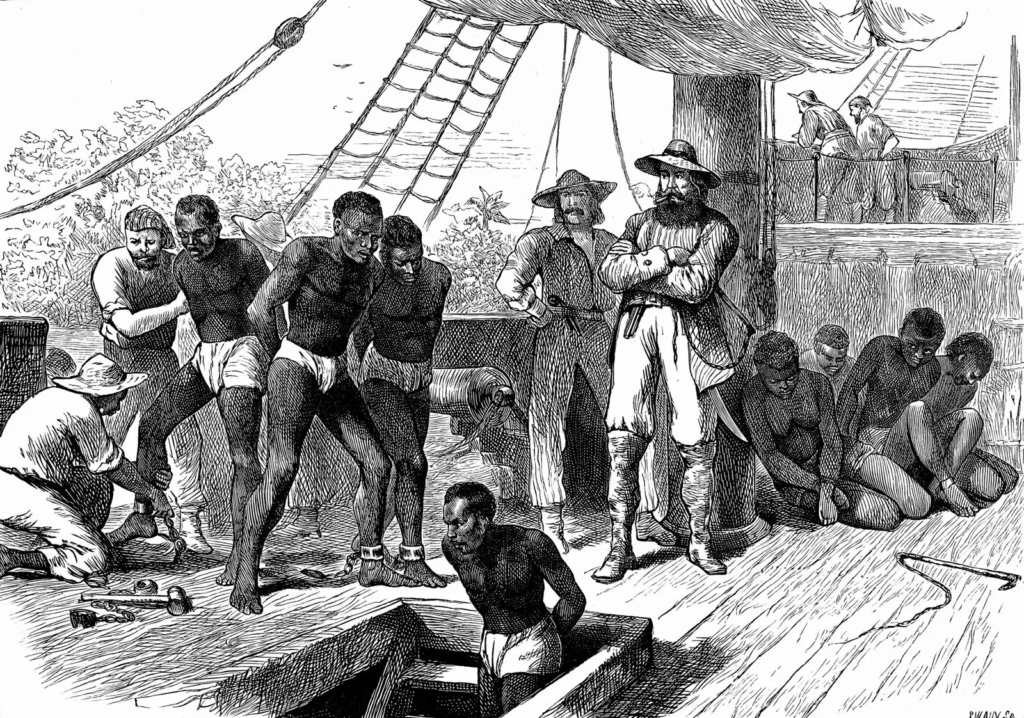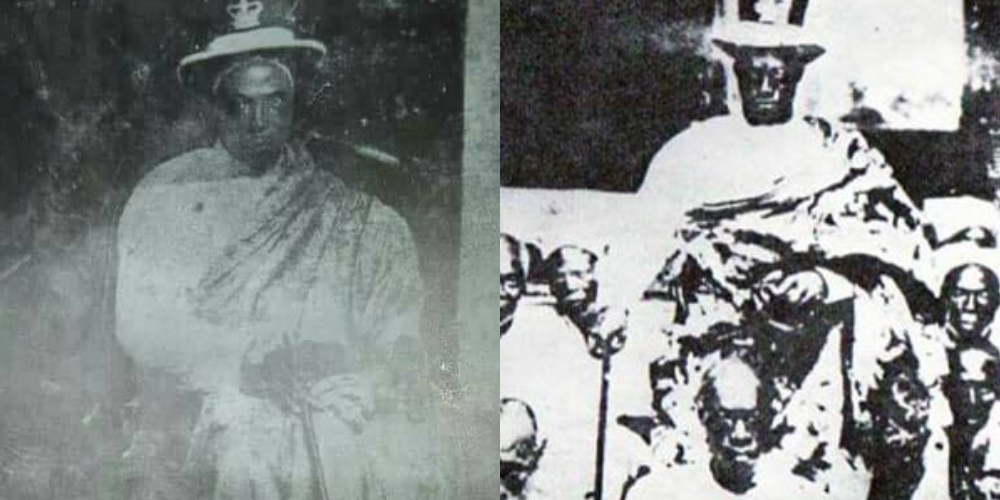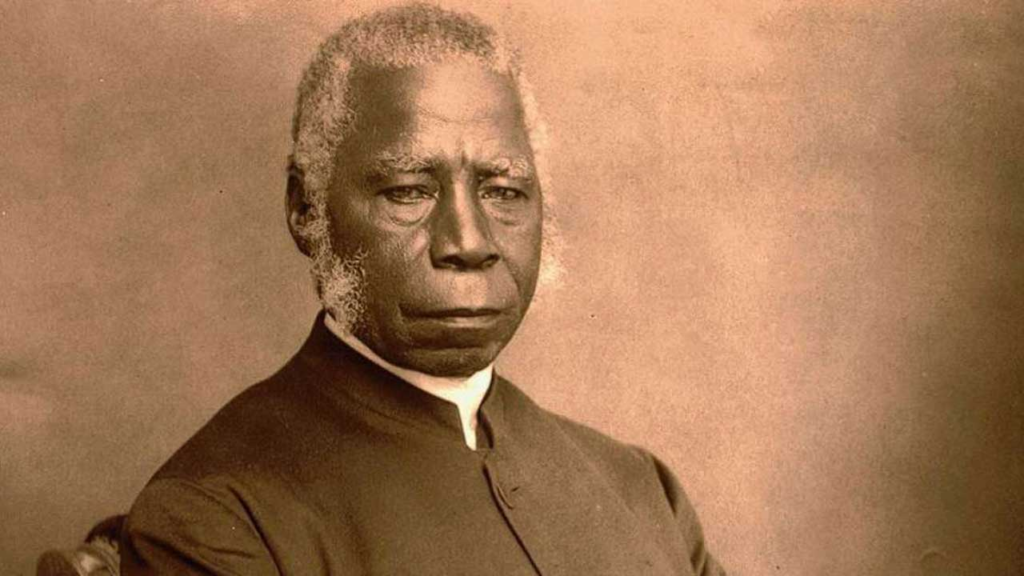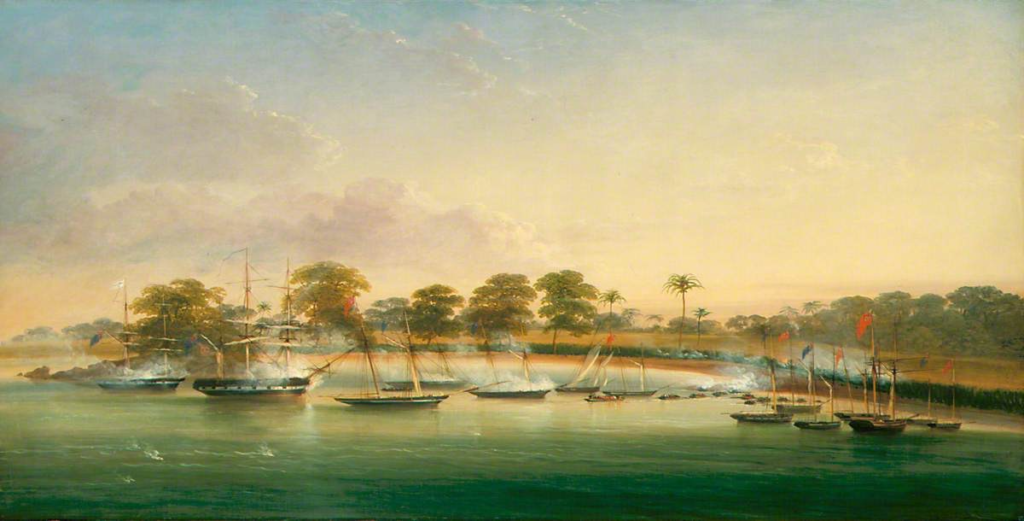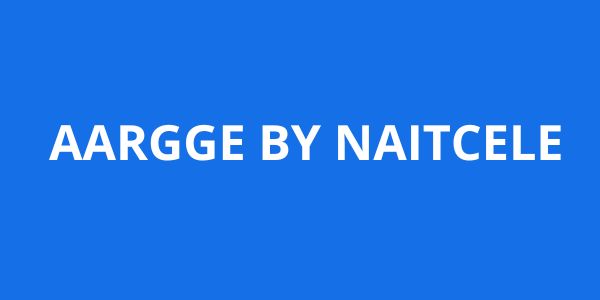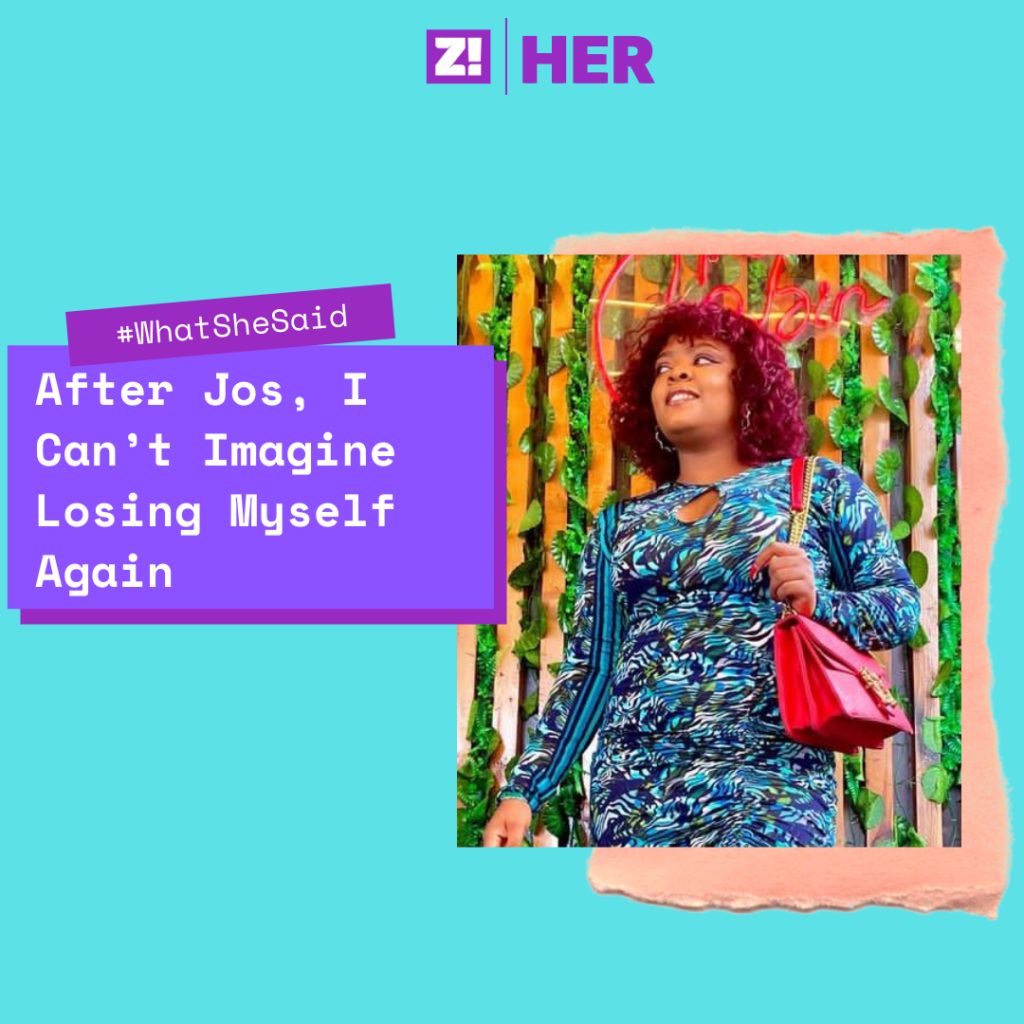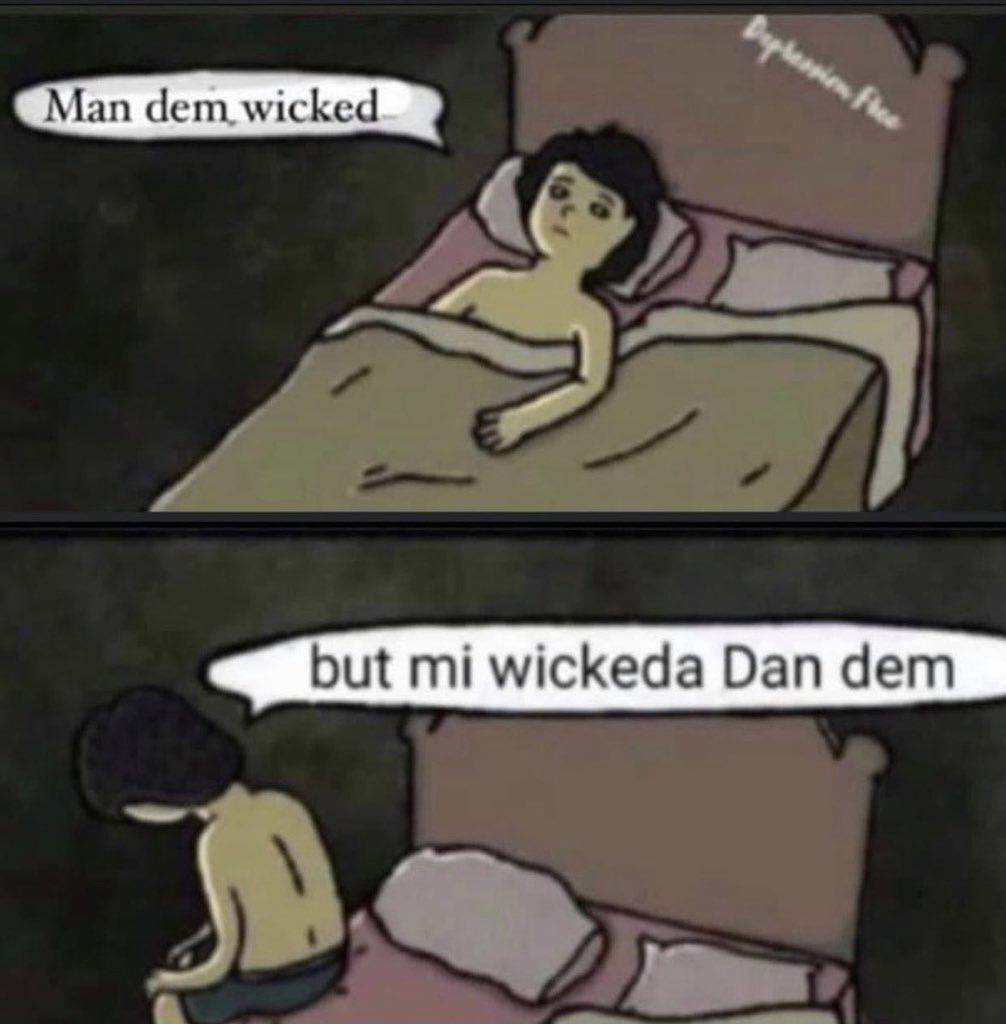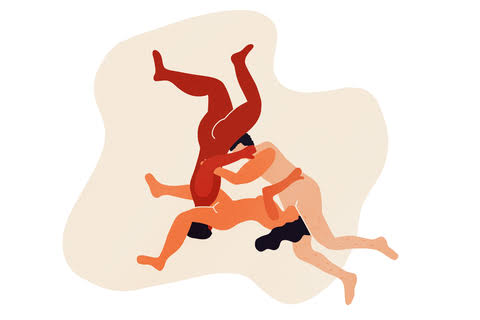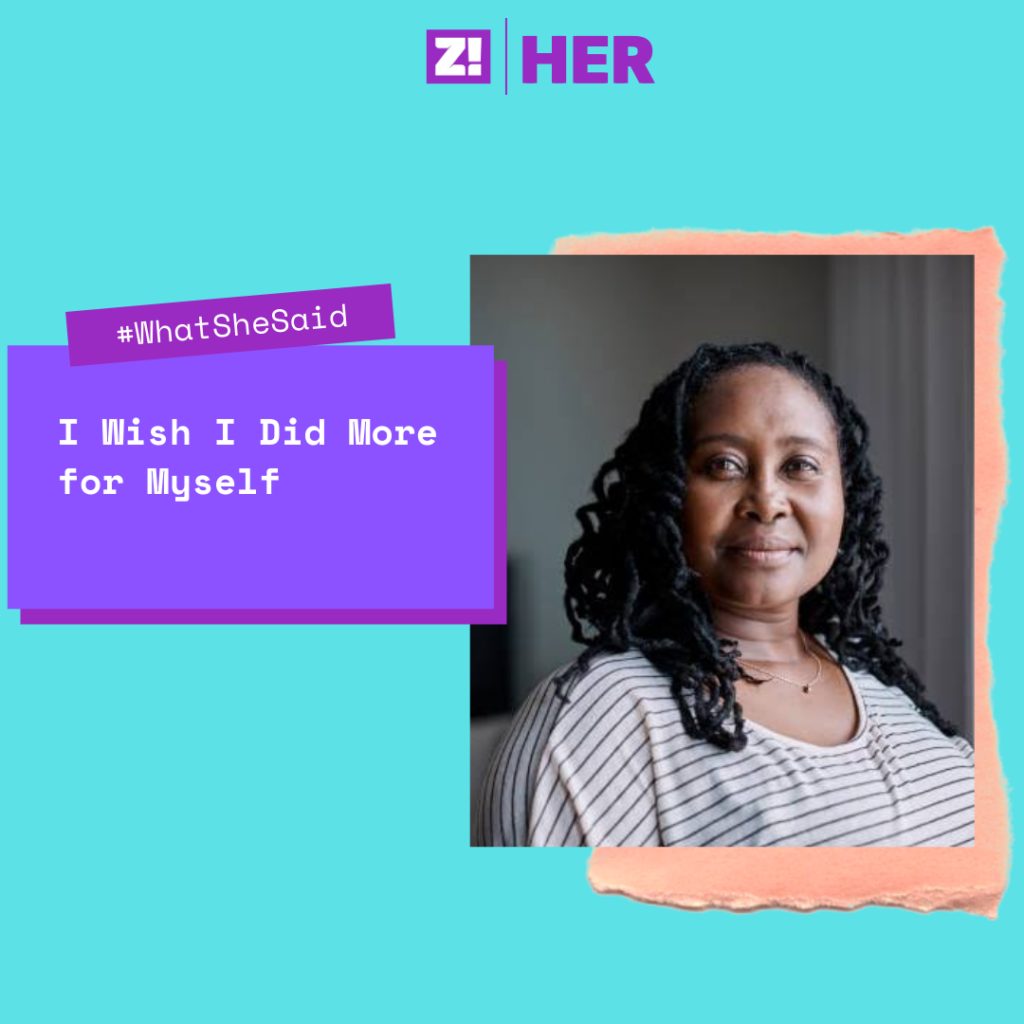This is debatable, but the most dangerous venture, apart from dodging a Nigerian mother’s slap, is investing in land — especially in Lagos. If it’s not the fear of getting scammed, it’s navigating “omo onile” and hoping you aren’t buying land in an area that’ll be demolished by the government in the future for one reason or another.
However, land remains a valuable long-term investment option, and you can invest safely by following these tips I got from discussing with Grace Ogunlaja, the lead consultant at I-Brow Properties.
Check for the type of land
Not all land in Lagos is for residential purposes. Some have been earmarked for agricultural, commercial, or even mixed use. Buying a residential land and using it to produce pure water may earn you visits from the authorities, and you’ll probably lose ownership. Some lands can even be in locations under territorial dispute. You can verify the type of land at the state Ministry of Lands (or Lands Bureau).
Does it have a title?
You should always confirm the land title with the land seller or real estate developer. Do NOT purchase any land without a title.
A title can be the Certificate of Occupancy (AKA, C of O) or Governor’s Consent. The C of O is a state-provided document demonstrating land rights to an individual; It proves ownership. Governor’s Consent is given when someone buys land that already has a C of O and wants to notify the Governor and the general public that the land has a new owner.
Land title differs from the deed of assignment or receipt the land seller gives after purchase. Those documents just indicate that you’ve bought something. You still need to confirm you didn’t buy stolen property, or worse, land that’s been mapped out for government purposes. Like a coastal road project, for instance.
Run away from “freehold”
Some real estate agents in Lagos will try to sell you land and claim it has freehold rights, meaning you own the land in perpetuity (or forever) and can use it for anything. This doesn’t exactly work because all land belongs to the government. Also, freehold isn’t exactly a land title, and chances are that the land isn’t free from government acquisition. When in doubt, always verify at the Ministry of Lands.
Go with your own surveyor
The seller may try to convince you that the land already has a registered survey plan approved by the State’s Surveyor General, but those can easily be falsified. You should always go with your own surveyor to pick the land coordinates and verify them at the ministry.
Get familiar with the authorities
When buying land, you must verify everything with the Ministry of Lands because land issues quickly become complicated in Lagos state. If proper verification isn’t done, you risk losing your investment.
Also, verification doesn’t end with buying the land. You also need to obtain building approval from the state government before doing anything on the land. If you build something different from what was stated on the approved building plan, the government has the right to demolish it without giving any compensation.
Remember: The government can come for your land
It’s important to make peace with the fact that the government can claim land for major projects at any time, even if the owner has a C of O or Governor’s Consent. The only difference is, having the correct land titles gives the owner the right to sue the government or collect compensation. The owner has no compensation or fighting rights if it’s untitled land.
NEXT READ: It’s Taken Us Three Years [and Counting] to Access My Late Aunt’s Pension
[ad]



